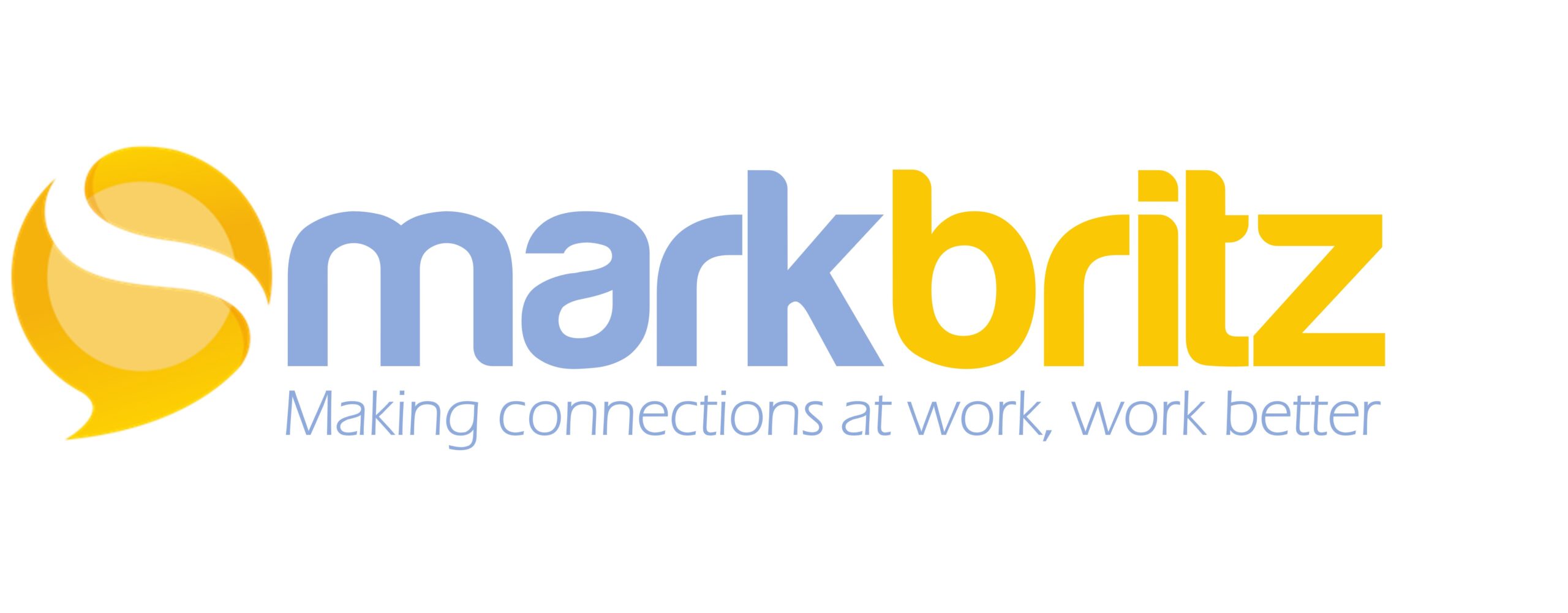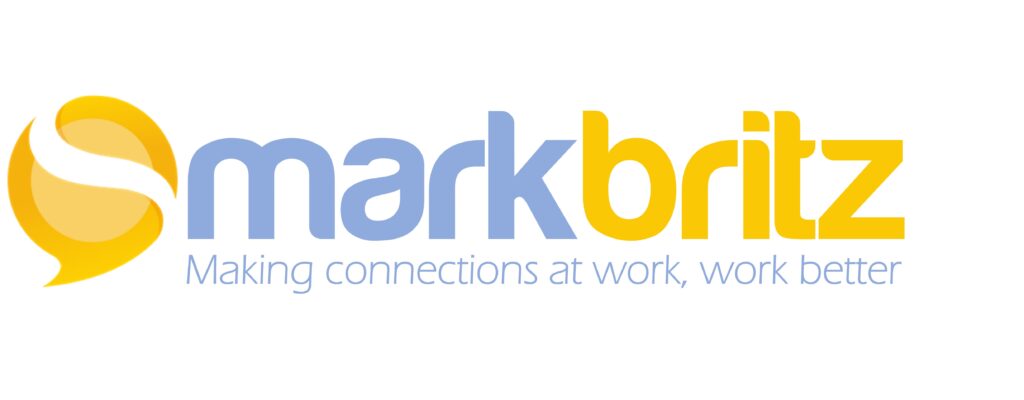Yes, yes I know that many have said L&D shouldn’t be threatened by social and social technology. The argument being that a focus on social can actually improve L&D efforts by extending formal learning impact which is true and many in L&D leadership have made progress… but many more have not and only play lip service to the notion (I know, I’ve lived it). L&D has traditionally argued against social technology on the grounds that people will share the wrong information. But there is another reality and maybe the real truth behind the dismissing. At the end of the day, L&D does just what the executives want, a course. And when numerous employees have taken the course and then do not really perform any better, the blame is more often than not placed on the employees and not the solution.
The reason for this? A fine blend of two ingredients at the management level; the leadership echo chamber and a heaping cup of cognitive dissonance. Systems->Behaviors->Culture.
First, the echo. Executives build inner circles; a cushion of trust that, over time, membership in grants one the benefit of every doubt. The next is cognitive dissonance; the reconciliation of two competing beliefs where placing blame upon the employees is chosen over the idea that monetary investments in technology and “expertise’ was wasted. Both result simply in – It’s got to be them, not us.
“Look at all the work we did.”
“Look at the features and functions we built. You (boss) liked them.”
“You (boss) agreed with them.”
“The employees didn’t invest the time.”
“They chose to ignore the content.”
“They didn’t revisit the material.”
“It’s their fault.”
But the jig is up.
Like we have always known, social technology opens things up. Social technology leads to transparency. Social technology can challenge the status quo. It doesn’t take too many voices openly sharing comments about ineffectiveness to upend the whole game. More often than not though the channel directly to the employees is either too long and narrow, blocked by protective layers of hierarchy, and/or hindered by a culture of complacency. That’s a lot but still L&D, or rather traditional training-centric L&D, should be afraid of social technology, it’s permeating the organization. Once executives understand that social for social’s sake has value (which many vendors have abandoned) it will open the doors to the boardroom to all and change will be swift.

